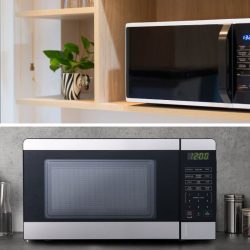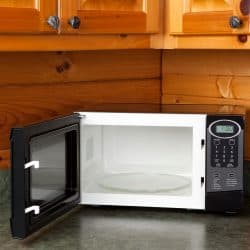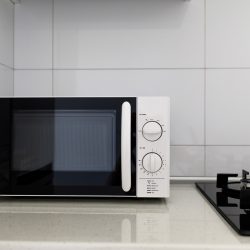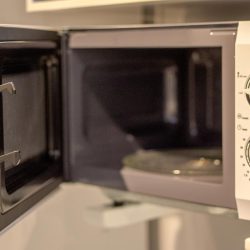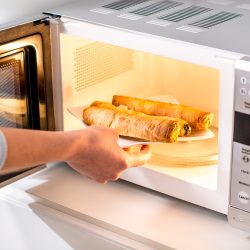Your microwave is one of the most convenient appliances in your home. You likely take advantage of its benefits for daily food prep. Depending heavily on your microwave means that when it's on the fritz, you really notice! So what exactly does it mean when your microwave is running but not heating your food? What should you do about it? We here at KitchenSeer have researched the problem for you and discuss it more down below.
Microwaves are surprisingly complex appliances with several components that could cause failure. Among these, the diode and magnetron are key elements in heating your microwave. Should either of these components fail, your microwave will suffer in performance. Other issues could include the door switch failing or the capacitator going out.
While that sounds like a lot to go through, we'll go through all these and more down below in more detail. Continue reading to learn about your microwave and how it can break down.

A quick note on safety
A microwave, particularly a malfunctioning one, is one of the more dangerous appliances in the home. It can be a tricky and potentially dangerous fix if you don't know what you're attempting. Reading an article online may not be sufficient to prepare you for working with a damaged microwave.
Even when unplugged, they contain dangerous amounts of voltage. If you are unequipped to handle repairs on your own, please refer to a professional for your own wellbeing.
The components of a microwave
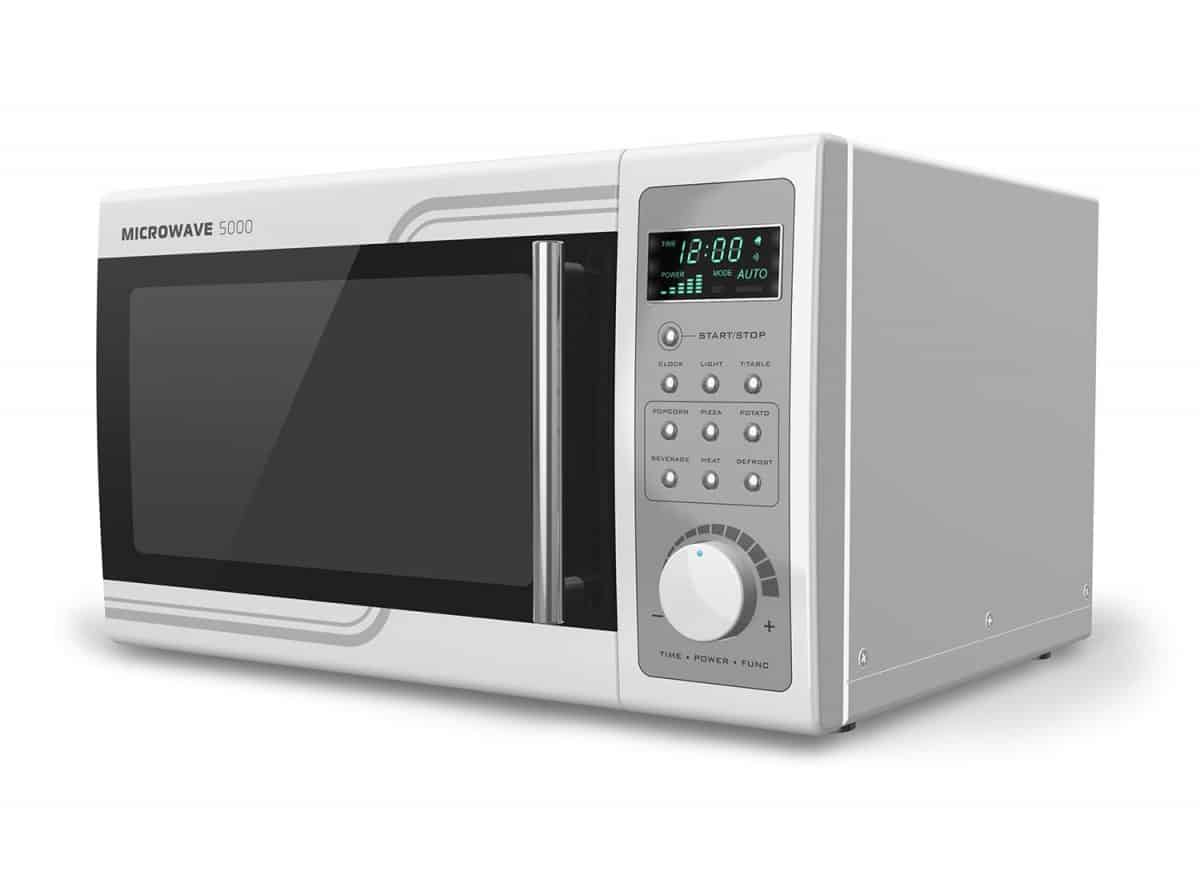
As with any mechanical appliance, understanding a microwave requires a breakdown of its parts. Should any one of these components begin to fail, your microwave will start to go with it.
Check for human error
Several human error issues could be causing your microwave not to heat your food. They're all easy mistakes to make. Before trying to pick your microwave apart, make sure you haven't erred on any of the following:
- Set a timer. Most microwave models have built-in timer settings, allowing you to have your food heated up when you arrive home, for instance. Check to see if your microwave is set to begin heating food at some point in the future.
- Used an incorrect setting. Microwaves have become more and more advanced as time goes on. Make sure you're not trying to heat a whole meal with the lightest setting or that you aren't using the 'keep warm' setting to warm up your chicken dinner, for example.
- Put in food that can't be heated in a microwave. A microwave requires liquid in its food to heat it properly. If your food is dehydrated, it won't warm properly. Test your microwave out with some liquid to see if this is the issue.
If you're still stumped for an answer after checking all these settings, it's time to move on to the mechanical components. Let's look into them below.
Read now on KitchenSeer: How To Clean Inside A Microwave [A Complete Guide]
The door switches
If the door switches on your microwave aren't working properly, the entire microwave can cease to work properly. The door must close fully when the microwave is in use, as it can be dangerous otherwise. If the light stays on when you close the door, you know the door switch isn't sending a proper signal.
Don't slam the doors shut in an attempt to remedy the situation. This will do nothing at best and incur more damage to your appliance at worst.
Firmly and carefully close the door again and recheck the light. If the door opens with a manual button, gently press it down as you close the door, then release it when it's closed.
After going through all these solutions without success, the switch is likely worn out for good. You can check the terminal of the switch with a multimeter to see if you need a replacement. If so, call your manufacturer, as every brand is different.
The diode
The high voltage diode plays a key role in converting your AC power supply into DC power for your microwave's magnetron. If this component has malfunctioned, you'll likely hear a buzzing sound within your microwave. It's easy to visually determine whether or not your diode has sustained damage as well.
Diodes can wear down over time or be the result of a bad magnetron. They are a simple, cheap, yet delicate component that is easy to fix if you know what you're doing. Once again, if you lack the ability to replace the diode yourself, refer to a professional instead of attempting a replacement job.
You can also test diodes with a multimeter. They channel electricity in one direction and should have a higher resistance on one end and lower resistance on the other. If you find similarities on both sides, it's no longer functioning as it should be.
The magnetron
The magnetron is essentially the heart of your microwave. It's the component that heats your food with the microwave radiation it produces. Since they produce so much power, it's quite easy for these parts to blow a fuse.
Being such an important component, it serves us to look into the magnetron a bit deeper.
How do I know if my microwave magnetron is bad?
Along with the inability to properly heat food, a faulty magnetron will emit a buzzing noise, along with a snapping sound. You may also smell a burning smell even when no food is in the microwave.
Sometimes the microwave will stop before it should as well. While, as mentioned, it's not the only potential cause of microwave failure, a faulty magnetron causes a lot of issues.
What causes a magnetron to fail in a microwave?
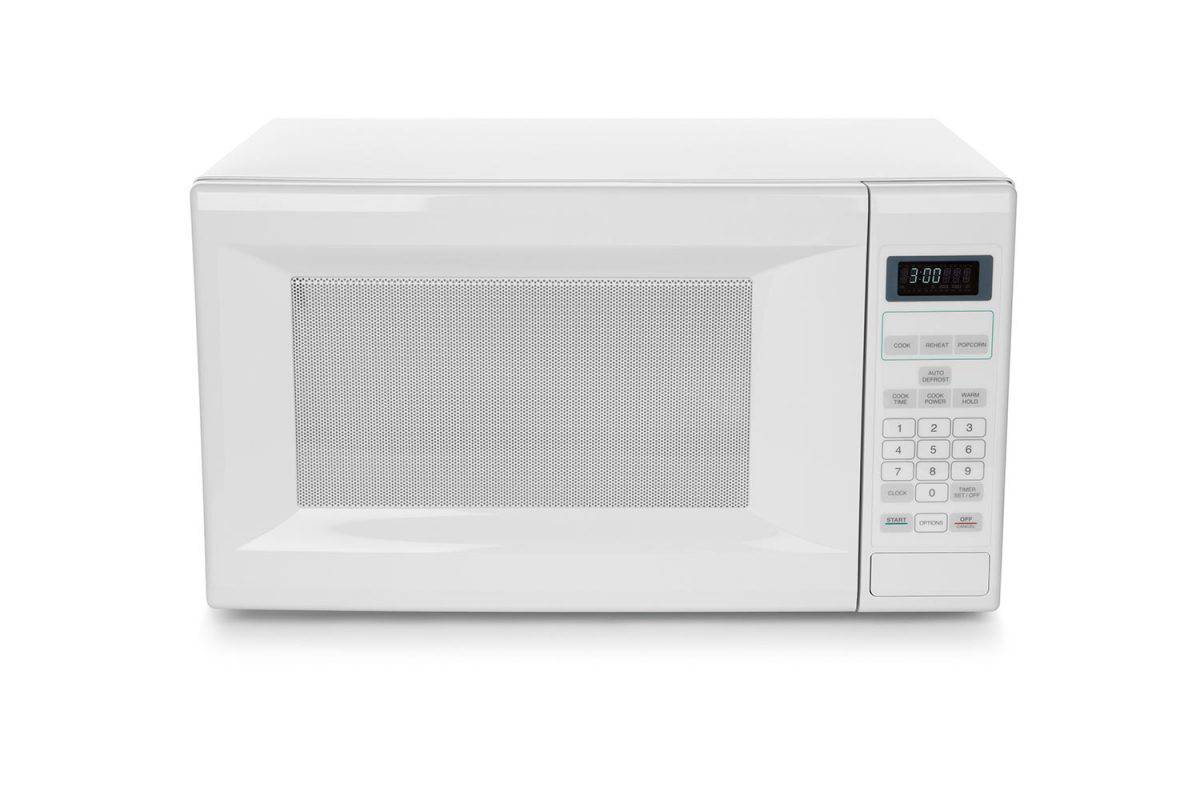
So what causes a magnetron to fail in a microwave in the first place? Well, there are several reasons your magnetron might have gone bad.
- The magnets in the magnetron might have cracked or otherwise sustained damage. This reduces the resulting magnetic field and the magnetron's ability to do its job. Overheating caused by reflected microwaves back at the magnetron can also do damage.
- Burned out terminals and insulator damage is another potential cause of magnetron failure. The insulator is designed to protect the magnetron from damage, but if it sustains any potential breakdown in integrity, it will be unable to do its job. Insulator breakdown results in terminal damage, increasing every cycle of use of the microwave.
- The antenna and dome of the magnetron can also sustain damage due to reflected microwaves. We can see this at the inside of the filament box inside the microwave. This will impede its ability to send the microwaves to the magnetron properly.
- Loose connections may also be to blame, leading to increased heat resistance. This increase in heat will burn nearby parts of the microwave, resulting in damage and visible black spots. This is a simple problem to detect, but at this point, it might be beyond repair and need replacement.
How much does it cost to replace a magnetron in a microwave?
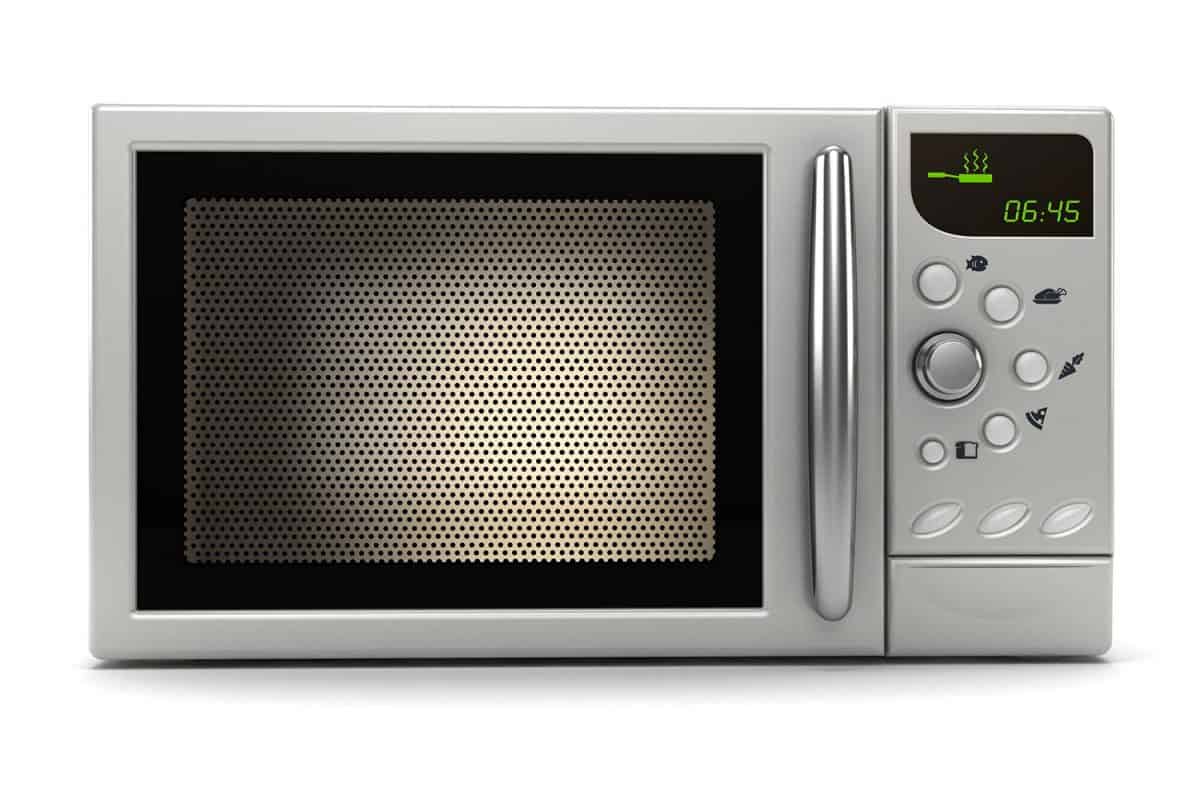
Magnetrons are a bit pricier of a component, being the heart of the appliance. The full cost of replacement is around $100 to $200. This includes the $50 to $100 for the part itself and the additional $50 to $100 dollars for installation.
Since this is a highly critical piece, the smart thing to do is pay for professional installment. This will both ensure the job is done right and also safely.
Is it worth replacing the magnetron in a microwave?
No matter how good the replacement job is done, it will still be a replacement job, and you'll have to be considering it for the rest of your microwave's lifespan. Unless you have a particular high-end microwave that can justify the cost or are, for some other reason, quite married to your current model, the cost of replacing the magnetron is likely greater than the overall replacement.
Is it cheaper to repair or replace a microwave?
You may have noticed it costs a pretty hefty chunk of change to replace a magnetron safely. With the range of options out there today, you can get a plethora of microwaves for that amount. The cost of replacement is about equal to that of getting a good quality brand new appliance. There might be a slight difference, but replacing the magnetron is undoubtedly an expensive endeavor.
If the repair is smaller and straightforward enough to do without expensive labor, repairing it is a good option. You'll need to weigh the cost benefits and also the effort to get the labor done safely. Keep in mind the probable need for professional labor for bigger repair jobs.
Read now on KitchenSeer: How Often Should You Replace Your Microwave?
In Closing
Things can go wrong with our microwaves fairly easily for all the convenience and ease it brings into our lives. Just remember always to be safe when tackling these problems, and you'll be back to your tasty meals and snacks in no time.

